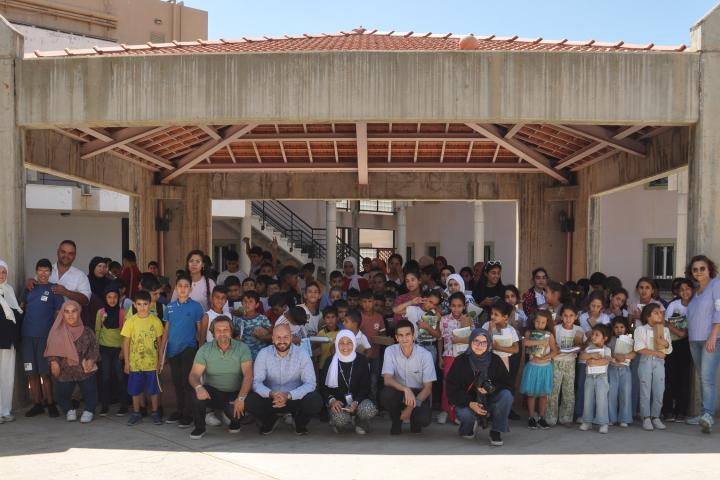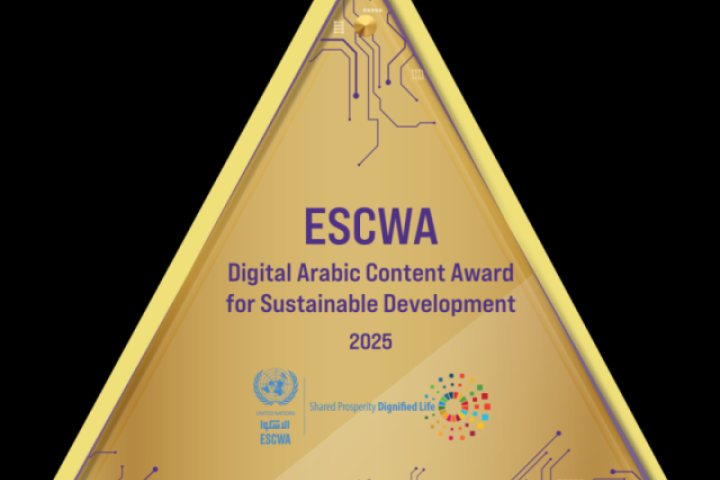On 22 April of every year the world marks the International Mother Earth Day. This year’s theme is “Trees for the Earth”. Earth Day aims to refocus the world’s attention on the need to protect the environment in order to keep it healthy for current and future generations. This year’s Earth Day coincides with the signing ceremony of the Paris Agreement on Climate Change, which came on the heels of last year’s agreement on the 2030 Sustainable Development Agenda with its high focus on protecting the environment and the earth as well. It is hoped that over the next couple of decades much will be achieved to protect Mother Earth. This year’s focus on trees calls for the planting of 7.8 billion trees by the 50th anniversary of Earth Day in 2020. The arid Arab region is largely made up of desert plains and rangelands with forest ecosystems occupying only 89.64 million hectares or 7.2 per cent of the total land area (FAO, 2010). Nevertheless, forests provides many ecosystem goods and services and are essential to human well-being.
“Forests help regulate the Earth's climate by storing nearly 300 billion tonnes of carbon in their living part, thus reducing greenhouse gases, like carbon dioxide (CO2), in the atmosphere,” said the Executive Secretary of the Convention on Biological Diversity (CBD), Mr. Braulio Ferreira De Souza Dias, in his message for the Day.
He added that “Forests also help people adapt to the adverse impacts of climate change, including extreme weather events, for example, through the maintenance of nutrient and water flow, the prevention of landslides, and as mitigation against natural catastrophes such as floods and droughts. "
Millions of Arab people depend on forests for their livelihoods as they rely on the diverse ecological functions that are provided by those ecosystems: food, wood, fuel and bio-products. Forests are also a foundation for employment generation, recreational opportunities and improvement of urban and peri-urban living conditions. Forest biodiversity is vital for the continued health and functioning of these ecosystems encompassing the conservation of soil and water, the mitigation of global climate change and the protection of natural and cultural heritage. As such, the Arab region will also benefit from planting trees as part of the Earth Day’s campaign. However, on this Day it is also worth highlighting the plight of the people of Palestine who are struggling daily to plant, to maintain and to prevent the uprooting of their olive trees, a sign of peace for the world and symbol of life in our region.
*****
For more information, please contact:
Mr. Nabil Abu Dargham +961-70-993 144
Ms. Mirane Abi-Zaki +961-76-04 64 02
For more ESCWA news, please visit:
Website: www.unescwa.org Facebook: www.facebook.com/unescwa Twitter: @ESCWACIU



